The Role of Nutrition in Preventing Gum Disease

Introduction to Nutrition and Oral Health
The correlation between what we eat and the health of our gums is more significant than most realize. While regular oral hygiene routines are crucial, nutrition plays a foundational role in influencing periodontal health. A well-balanced diet not only supports tissue repair and immune function but also serves as a preventive measure against gum disease and other oral health issues. As awareness grows, understanding the impact of dietary choices on gum health is essential for long-term dental well-being.
Understanding the Nutritional Foundations of Periodontal Health

What is the role of nutrition in periodontal health and disease prevention?
Nutrition plays a crucial role in periodontal health and disease prevention by providing essential nutrients that support the immune system and oral tissue integrity. Deficiencies in vitamins and minerals can impair the body's ability to fight infections, making individuals more prone to periodontal diseases.
Some vital nutrients include:
- Vitamin A: Essential for the maintenance of healthy mucous membranes and tissue integrity.
- Vitamin C: Important for collagen production, which supports gum health and reduces inflammation.
- Vitamin D: Aids in calcium absorption, crucial for strong teeth and overall oral health.
- Calcium: Necessary for maintaining healthy tooth structure and preventing decay.
A balanced diet rich in antioxidants can further help reduce inflammation, preventing the progression of periodontal disease. Healthful food choices—such as fruits, vegetables, whole grains, and lean proteins—provide these nutrients, thereby enhancing gum health and fostering recovery from gum disease.
Essential vitamins and minerals for gum health
A diet that includes adequate levels of specific vitamins and minerals is vital for supporting periodontal health:
| Nutrient | Role in Gum Health | Food Sources |
|---|---|---|
| Vitamin A | Maintains mucosal surfaces and gum tissue integrity | Carrots, sweet potatoes |
| Vitamin C | Protects against gum disease; promotes healing | Citrus fruits, strawberries |
| Vitamin D | Supports calcium absorption | Fatty fish, fortified foods |
| Calcium | Builds strong teeth and bones | Milk, cheese, leafy greens |
| Phosphorus | Enhances tooth enamel strength | Meat, dairy products |
| Zinc | Supports immune function and tissue repair | Nuts, meat, whole grains |
| Omega-3 fatty acids | Reduces inflammation associated with gum disease | Fatty fish, flaxseeds |
Incorporating these essential nutrients can foster a healthy oral environment, demonstrating the strong connection between diet and gum health.
Foods to Avoid for Optimal Gum Health

Impact of Sugary and Acidic Foods on Gums
Poor nutrition can significantly harm gum health. Sugary foods and drinks are notorious for promoting the growth of harmful bacteria in the mouth. These bacteria feed on sugars, producing harmful acids that erode enamel and inflame gums, raising the risk of cavities and periodontal disease. Likewise, when it comes to acidic foods and beverages, excessive consumption can erode tooth enamel and worsen gum condition, leading to increased sensitivity and susceptibility to decay.
Foods That Contribute to Gum Disease
The primary culprits in gum disease development include:
| Food Type | Impact on Gum Health | Example Foods |
|---|---|---|
| Sugary Foods | Promote harmful bacteria growth, leading to decay | Candy, soda, baked goods |
| Processed Foods | Often high in sugars and low in nutrients | Packaged snacks, fast food |
| Acidic Foods | Erode enamel and exacerbate gum inflammation | Citrus fruits, soft drinks |
| Sticky Foods | Adhere to teeth and create a breeding ground for bacteria | Dried fruits, caramel chews |
| High-carb Foods | Break down into sugar quickly, increasing decay risk | White bread, pastries |
Incorporating an array of whole, nutrient-rich foods can help mitigate these risks. Ensure your diet includes plenty of fresh fruits, vegetables, and calcium-rich products while reducing intake of sugary and processed options. This way, you not only support your gum health but also empower your immune system to fight infections effectively.
How Does Poor Nutrition Affect Gum Disease Development?
Poor nutrition significantly impacts the development of gum disease by weakening the immune system and increasing inflammation. A diet high in sugars and processed carbohydrates boosts the risk of periodontal disease and contributes to the formation of dental caries, leading to tooth decay and further oral health issues. Essential vitamins and minerals like calcium, vitamin D, and vitamin C are crucial for maintaining strong teeth and healthy gums; deficiencies can result in symptoms such as gum bleeding and heightened vulnerability to infections. Furthermore, a balanced diet rich in fruits, vegetables, whole grains, and lean proteins can promote optimal oral health and reduce the likelihood of gum disease. Ultimately, a healthy diet is integral to preventing oral health issues, making nutrition a key factor in the management and prevention of gum disease.
Incorporating Essential Nutrients into Your Diet

What are the essential nutrients for maintaining gum health?
Essential nutrients for maintaining gum health include:
- Vitamins A, C, D, and E: These vitamins provide support for gum tissue and overall oral health. Vitamin C is crucial for collagen production, aiding in gum repair and maintenance. Excellent sources of vitamin C are citrus fruits like oranges and strawberries, as well as bell peppers.
- Calcium: This mineral is vital for strong teeth and bones. Dairy products like milk, cheese, and yogurt are rich in calcium, which helps strengthen enamel and prevent decay.
- Phosphorus: Works alongside calcium to build strong enamel. It's commonly found in meat, dairy, and nuts.
- Omega-3 fatty acids: Found in fatty fish such as salmon and walnuts, these healthy fats have anti-inflammatory properties that can help alleviate gum inflammation and support gum health.
Benefits of specific nutrients for gum tissue
Each nutrient plays a unique role in contributing to gum health:
- Vitamin C: Not only does it aid in collagen synthesis, but it also plays a role in immune function, helping the body combat infections that can lead to gum disease.
- Calcium and Vitamin D: These nutrients work together to enhance bone density and fortify tooth structure, while vitamin D facilitates calcium absorption, minimizing the risk of periodontal diseases.
- Antioxidants: Found in fruits and vegetables, these compounds can help reduce oxidative stress in gum tissues, limiting inflammation and the risk of disease.
By incorporating these essential nutrients into your diet, you can enhance gum tissue health and help prevent periodontal diseases.
The Impact of Micronutrients on Gum Disease

Why are vitamins and minerals important in preventing gum disease?
Vitamins and minerals play crucial roles in preventing gum disease by supporting the maintenance and repair of gum tissue, as well as enhancing immune function. For example, Vitamin C is indispensable for collagen synthesis, which is essential for healing gums. Without enough vitamin C, gum health can deteriorate, leading to conditions like bleeding gums.
Calcium, another vital nutrient, is fundamental for sustaining strong teeth and bones. It helps in the development of enamel and overall dental structure. Moreover, Vitamin D is critical for calcium absorption; without sufficient levels, the body may struggle to maintain optimal bone density, increasing vulnerability to periodontal disease.
B vitamins and antioxidants such as Vitamin E and selenium also contribute significantly. They help reduce inflammation and manage oxidative stress, both of which are common in gum disease. Micronutrient deficiency can impair immune responses, further compromising the body's ability to fight off infections.
In essence, a balanced intake of these micronutrients not only helps maintain healthy gum tissue but also fortifies the immune system, reducing the risk and severity of gum disease. Incorporating a variety of these nutrients through diet can thus be a powerful strategy in promoting periodontal health.
Practical Dietary Tips for Gum Disease Prevention

What practical nutritional strategies can help prevent gum disease?
To effectively prevent gum disease, focusing on daily dietary habits plays a crucial part. Incorporating a variety of fruits and vegetables is essential to ensure you receive adequate vitamins and antioxidants that support gum health. Foods rich in vitamin C, such as strawberries and citrus fruits, promote collagen production critical for maintaining healthy gums.
Calcium and vitamin D are vital nutrients for dental health. Consuming sufficient calcium through dairy products like cheese and yogurt helps strengthen teeth and bones. Vitamin D, found in fatty fish and fortified foods, assists in calcium absorption, directly benefiting gum health.
Combining nutrition with dental care routines
Beyond dietary choices, combining good nutrition with dental care routines enhances oral hygiene. Choose whole grains over refined carbohydrates to minimize sugar intake. Limiting sugary and acidic foods can prevent enamel erosion and reduce harmful bacteria growth.
Additionally, stay hydrated with fluoridated water, which flushes out food particles and supports saliva production, further protecting gums. Regular dental check-ups, along with daily brushing and flossing, ensure that nutritional efforts are complemented by effective oral hygiene practices, safeguarding against gum disease.
Conclusion on Nutrition and Gum Health
The intricate relationship between nutrition and oral health underscores the importance of making informed dietary choices to maintain healthy gums and prevent gum diseases. By prioritizing a nutrient-rich diet tailored to support periodontal health, individuals can significantly reduce the risk of conditions like gingivitis and periodontitis. Alongside regular dental hygiene practices, nutrition serves as a formidable tool in the battle against gum disease, fostering both oral and overall well-being. As research continues to evolve, the emphasis on diet as a preventive measure will likely grow, reinforcing the need for education on the vital role nutrition plays in oral health management.
References
- The Role of Nutrition in Periodontal Health: An Update - PMC
- Role of Nutrition in Gum Disease Treatment and Prevention
- The Role of Nutrition in Preventing Dental Problems
- Nutrition and Oral Health | American Dental Association
- Healthy Gums Start with Healthy Eating: The Role of Nutrition in ...
- The Role of Nutrition in Dental Health - Downtown Dental Fenton
- The Role of Nutrition in Maintaining Good Oral Health
- The Role of Nutrition in Preventing Gum Disease
- Nutrition for Gum Health - The Influence of Diet on Periodontitis






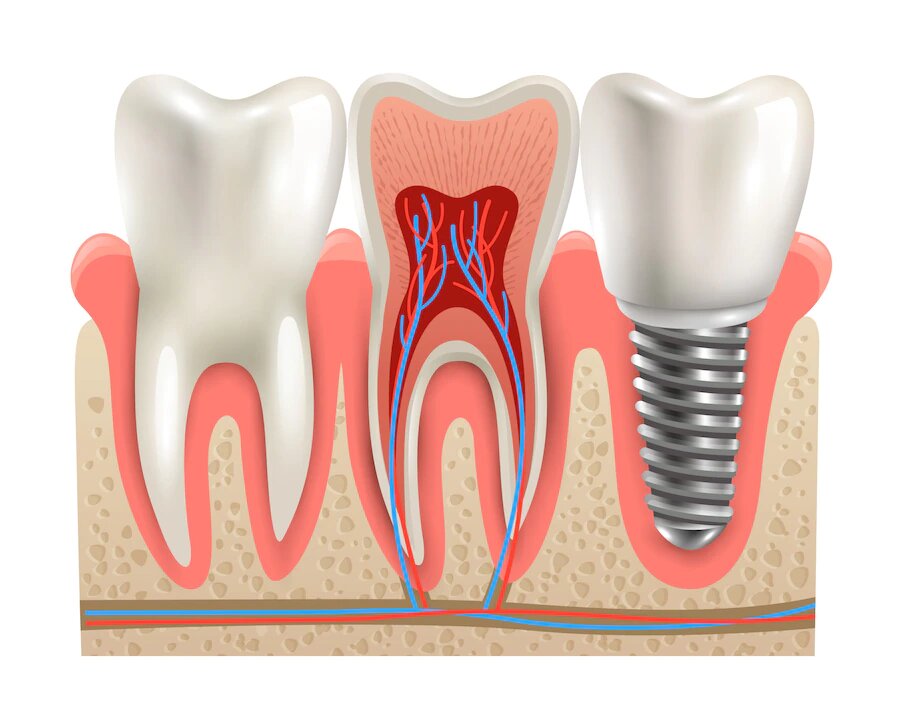










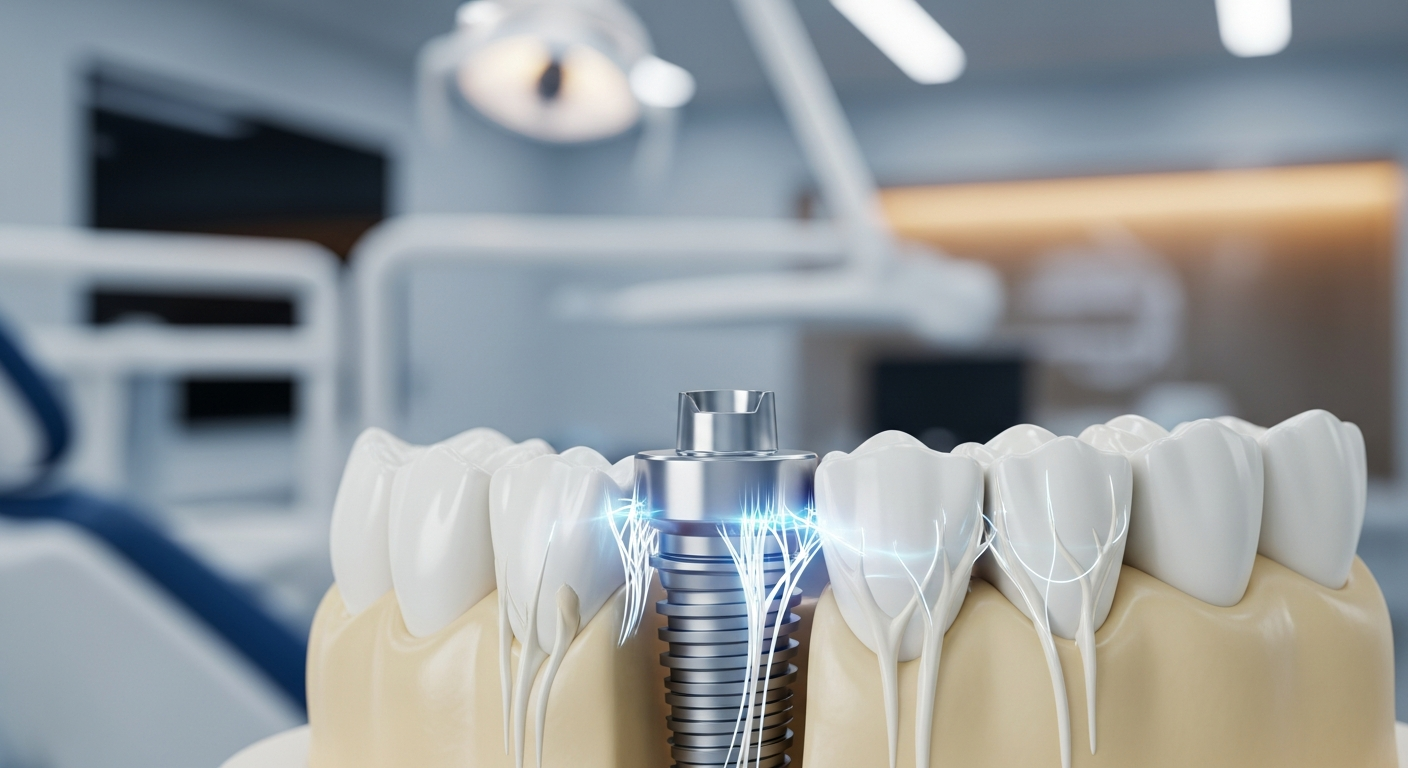






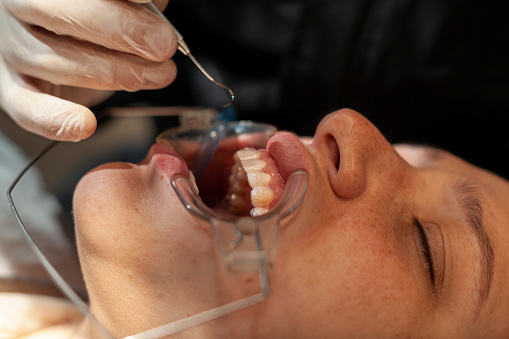

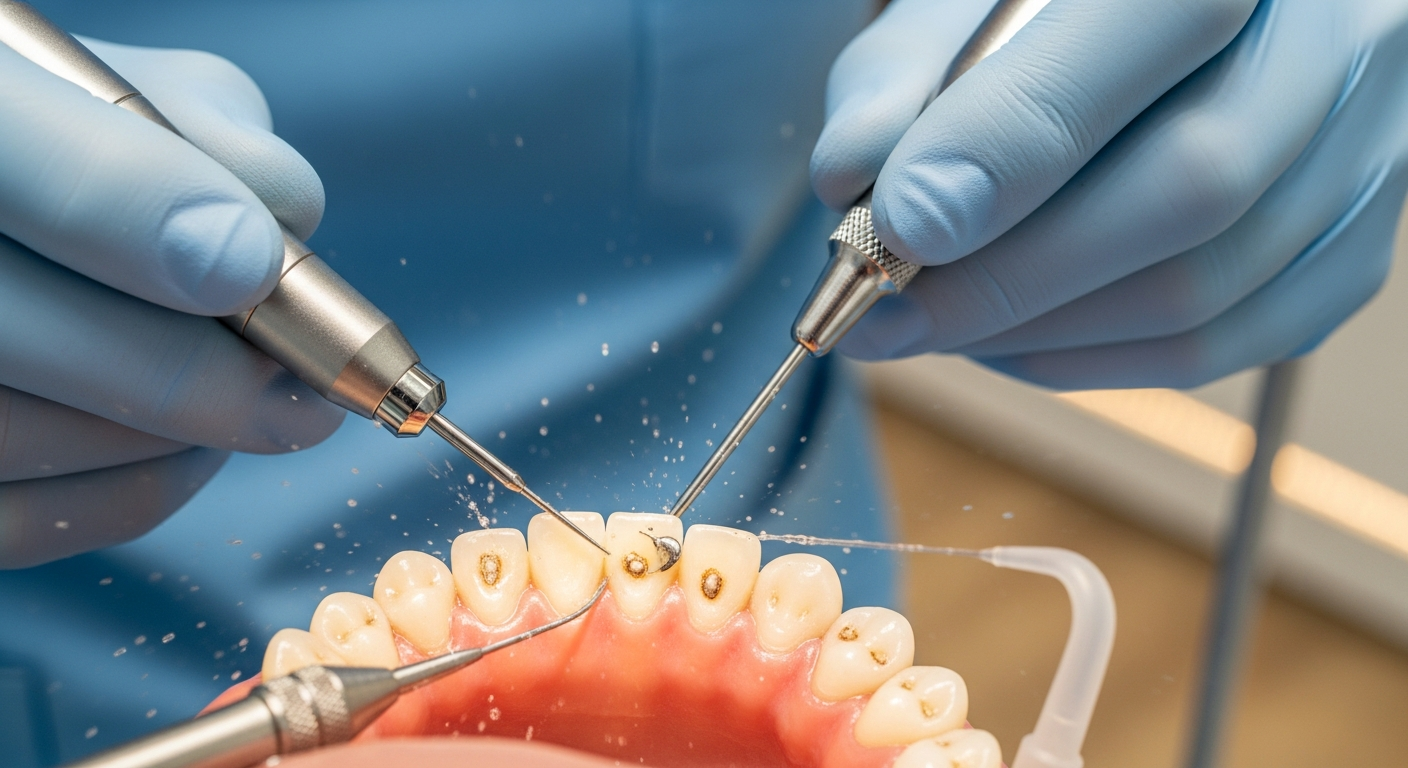





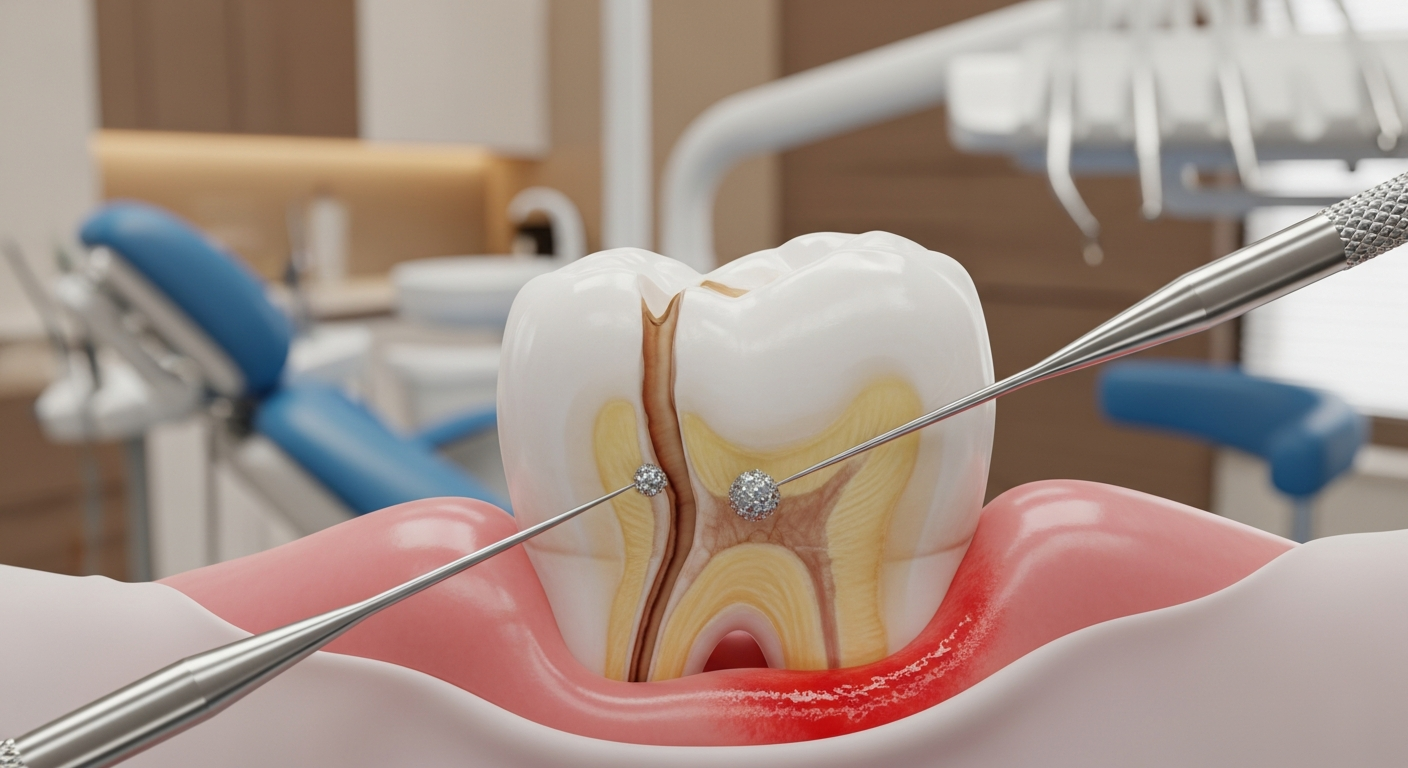




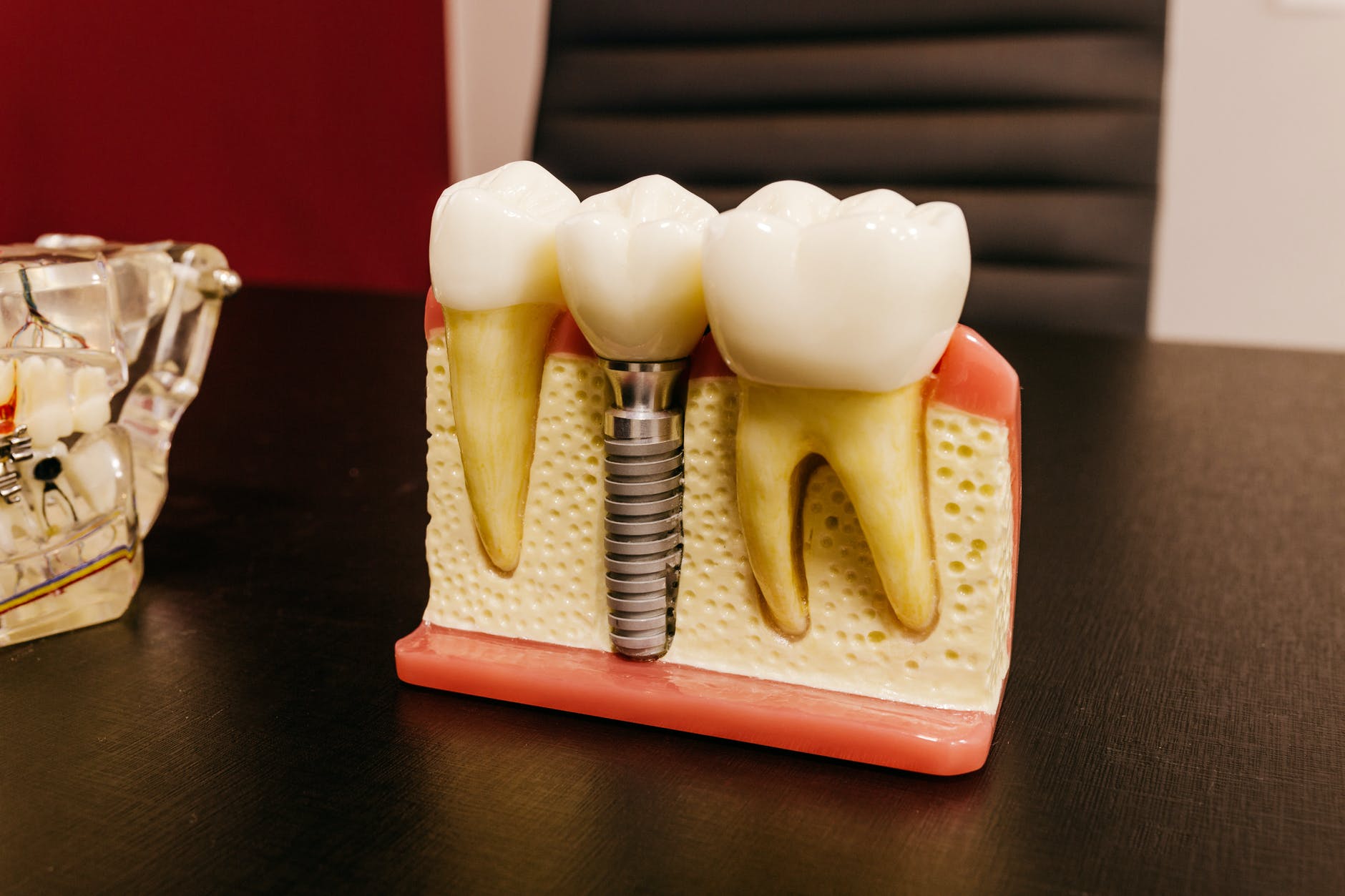


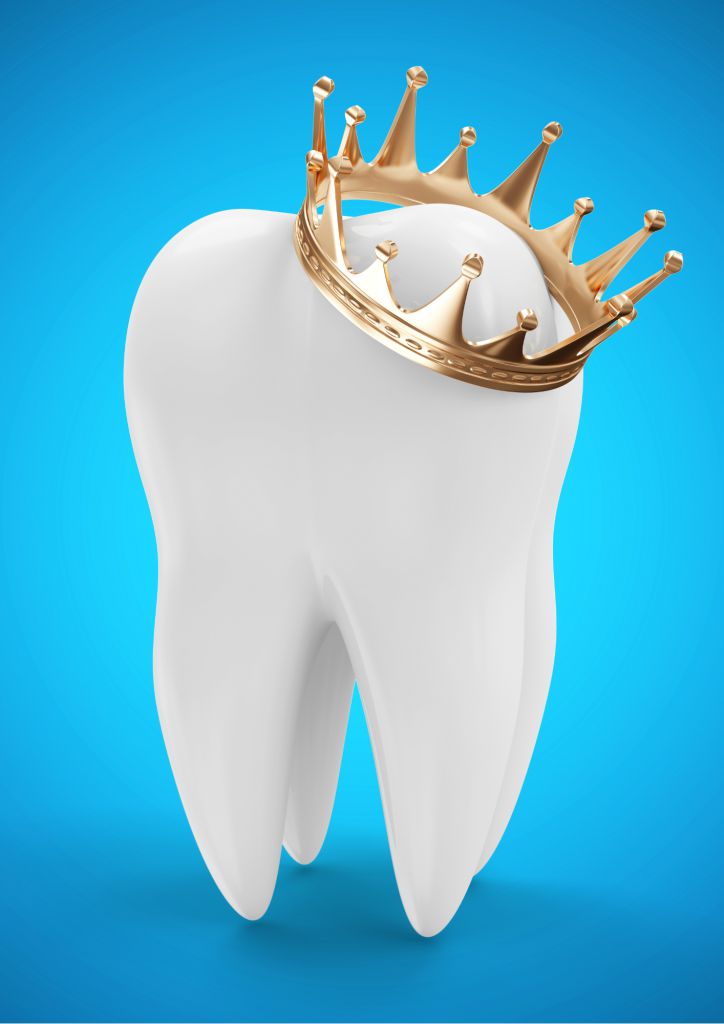







.avif)










.jpg)


















.avif)


















.jpg)



